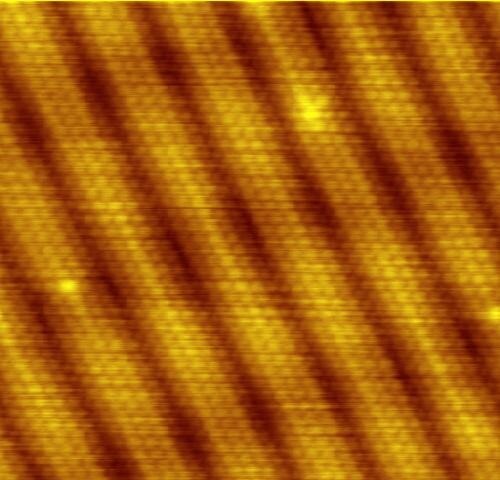Atomnoun
The smallest possible amount of matter which still retains its identity as a chemical element, now known to consist of a nucleus surrounded by electrons.
Atomnoun
(history of science) A hypothetical particle posited by Greek philosophers as an ultimate and indivisible component of matter.
Atomnoun
The smallest, indivisible constituent part or unit of something.
Atomnoun
(historical) The smallest medieval unit of time, equal to fifteen ninety-fourths of a second.
Atomnoun
A mote of dust in a sunbeam.
Atomnoun
A very small amount; a whit.
Atomnoun
An individual number or symbol, as opposed to a list; a scalar value.
Atomnoun
A non-zero member of a Boolean algebra that is not a union of any other elements. Or, a non-zero member of a Boolean lattice that has only zero below it.
Atomnoun
An element of a set that is not itself a set; an urelement.
Atomnoun
(usually capitalised as "Atom") A member of an age group division in hockey for ten- to 11-year-olds.
Atomnoun
An ultimate indivisible particle of matter.
Atomnoun
The smallest particle of matter that can enter into combination; one of the elementary constituents of a molecule.
Atomnoun
Anything extremely small; a particle; a whit.
Atomverb
To reduce to atoms.
Atomnoun
(physics and chemistry) the smallest component of an element having the chemical properties of the element
Atomnoun
(nontechnical usage) a tiny piece of anything
Atom
An atom is the smallest unit of ordinary matter that forms a chemical element. Every solid, liquid, gas, and plasma is composed of neutral or ionized atoms.
Ionnoun
An atom or group of atoms bearing an electrical charge, such as the sodium and chlorine atoms in a salt solution.
Ionnoun
an atom or goup of atoms (radical) carrying an electrical charge. It is contrasted with neutral atoms or molecules, and free radicals. Certain compounds, such as sodium chloride, are composed of complementary ions in the solid (crystalline) as well as in solution. Others, notably acids such as hydrogen chloride, may occur as neutral molecules in the pure liquid or gas forms, and ionize almost completely in dilute aqueous solutions. In solutions (as in water) ions are frequently bound non-covalently with the molecules of solvent, and in that case are said to be solvated. According to the electrolytic dissociation theory, the molecules of electrolytes are divided into ions by water and other solvents. An ion consists of one or more atoms and carries one unit charges of electricity, 3.4 x 10-10 electrostatic units, or a multiple of this. Those which are positively electrified (hydrogen and the metals) are called cations; negative ions (hydroxyl and acidic atoms or groups) are called anions.
Ionnoun
One of the small electrified particles into which the molecules of a gas are broken up under the action of the electric current, of ultraviolet and certain other rays, and of high temperatures. To the properties and behavior of ions the phenomena of the electric discharge through rarefied gases and many other important effects are ascribed. At low pressures the negative ions appear to be electrons; the positive ions, atoms minus an electron. At ordinary pressures each ion seems to include also a number of attached molecules. Ions may be formed in a gas in various ways.
Ionnoun
a particle that is electrically charged (positive or negative); an atom or molecule or group that has lost or gained one or more electrons
Ion
An ion () is a particle, atom or molecule with a net electrical charge. The charge of the electron is considered negative by convention.



